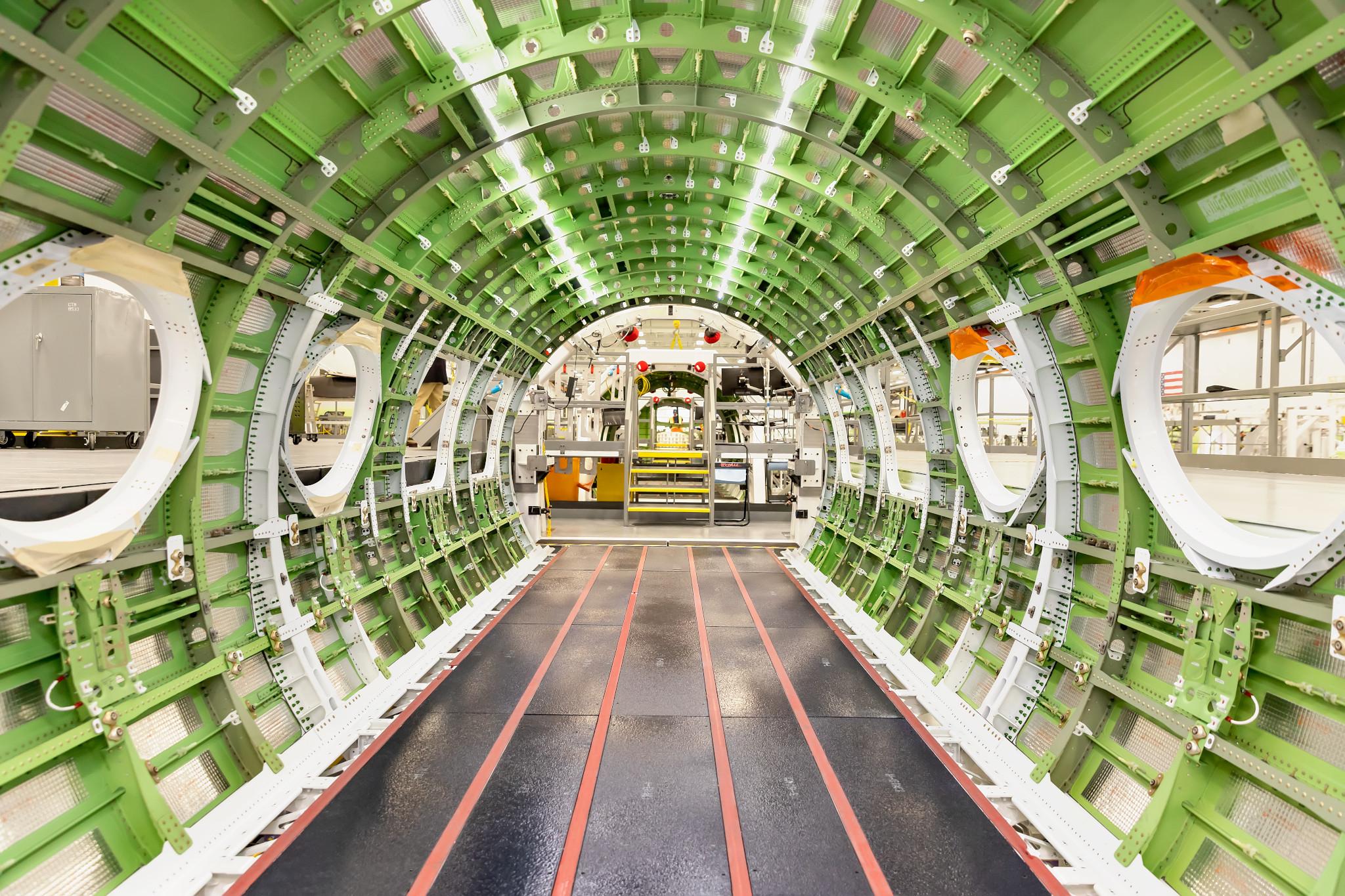
Gulfstream Aerospace is cutting jobs throughout its business operations, including nearly 700 at its Savannah, Georgia headquarters, in response to the impact from the coronavirus pandemic.
It also will close its Las Vegas service center and shift work to its new facility in Van Nuys, California. The company employs about 75 in Las Vegas.
Gulfstream confirmed the job reductions in a statement on May 4.
While the company did not release how many total jobs will be cut, according to the George Department of Labor, reductions in Savannah total 699, effective May 1.
The ongoing challenges from COVID-19 have led to a decrease in the company’s projected 2020 deliveries. The company implemented several cost-cutting measures to address the challenges caused by the pandemic, the statement said.
“Unfortunately, those measures were not sufficient to overcome this significant impact, requiring us to take additional steps to balance the size and structure of the business with current conditions,” the company said.
During an April 29 earnings call, Gulfstream said it had lowered its 2020 delivery expectations from 150 to 125-130. It delivered 23 aircraft in the first quarter, down from 34 a year ago, and produced another 11 aircraft, which could not be delivered because of international travel restrictions. Deliveries were also reduced as some suppliers, already dealing with struggles related to the commercial aerospace industry before the coronavirus hit, have been having trouble keeping up with Gulfstream production rates. Efficiency in Gulfstream plants also have been affected from social distancing rules, changes in work shifts and other adjustments during the pandemic, the company said.
Gulfstream also plans to close its Las Vegas service facility in June and move work to Van Nuys. The Las Vegas team will complete aircraft currently in service before the closure.
“Our Van Nuys service center offers significant customer resources, including sustainable aviation fuel and increased ramp space,” the statement said. It also offers field and airborne rapid-response teams.
“These are challenging and unprecedented times that require us to make difficult decisions to ensure the long-term health of the business,” the company said. “We sincerely regret the impact these actions will have on our colleagues and their families.”
